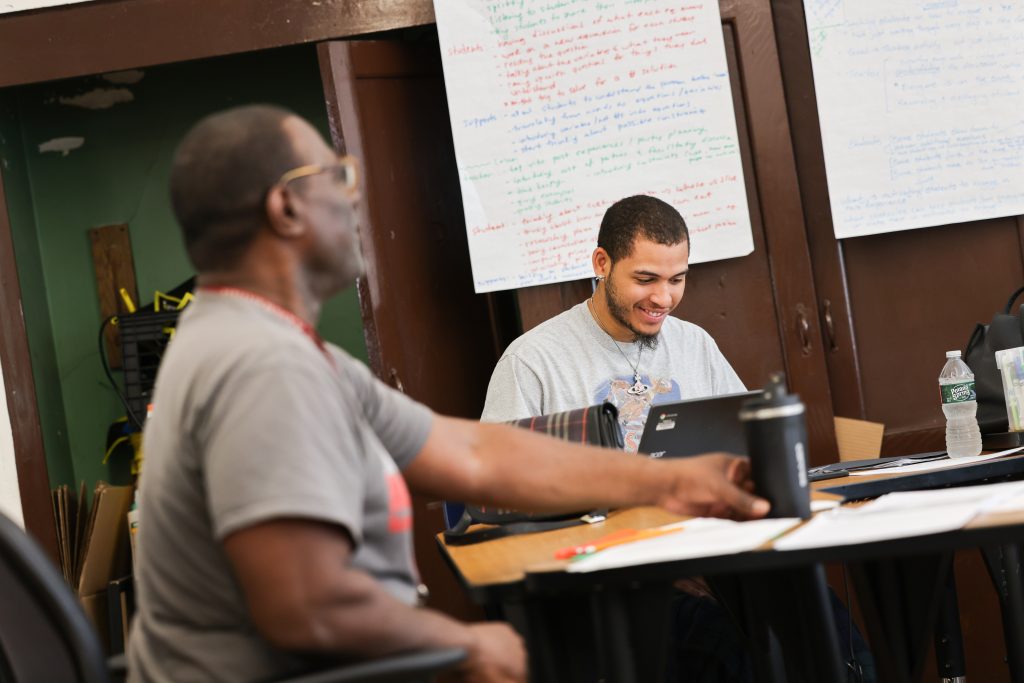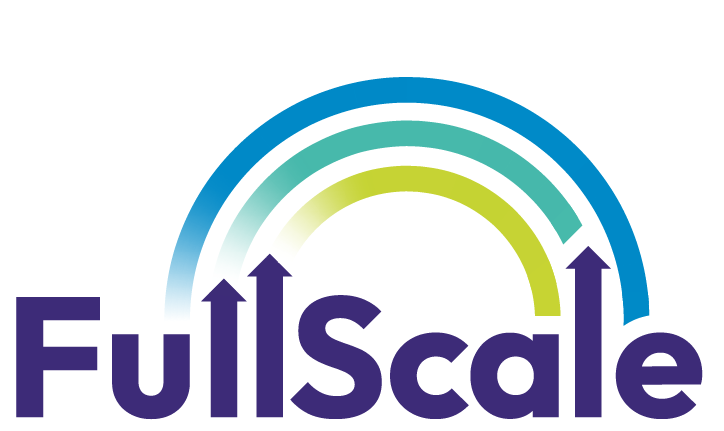Uniting education leaders and organizations together to drive collective learning, action, and systems transformation.

Driving K-12 Systems Transformation – at FullScale.
FullScale is at the forefront of packaging tools for practitioners, translating policy guidance into implementation guidance, sensemaking and consulting on the following topics.
AI for Personalized, Competency-Based Approaches
The arrival of artificial intelligence offers significant potential to change how we teach, learn, and organize schools. Yet, most of the applications gaining traction today focus on efficiency within existing systems—reinforcing traditional models built on rote instruction, rigid scope and sequences, grades, and seat time.
Reimagining the Educator Role for the Future of Learning
Across the country, there’s growing interest in rethinking the educator role to make it more effective, sustainable, and joyful. This isn’t just about teachers and students—it’s also about how educators work in teams, how schools are organized, and how we tap into expertise more broadly and dynamically as a field.
Bridging K-12, Higher Ed, and Workforce
Across K–12, there’s growing emphasis on building durable skills and competencies—through Portraits of a Graduate, mastery transcripts, and broader aims for learning. In the workforce sector, there’s parallel momentum around modular credentials, skill-based hiring, and clearer navigation for career advancement. Yet, these efforts often run on separate tracks.
Connecting Formal & Informal Learning for a Complete Picture of Mastery
For too long, K–12 systems have treated learning that happens in school as the only kind that “counts” toward mastery and credit. Yet, students are building skills and capacities in many places—after-school programs, sports, jobs, passion projects, and community activities—that remain invisible in traditional records. There’s growing momentum around “learning ecosystems” that integrate these experiences into a richer portrait of what students know and can do. This means rethinking transcripts, making modular schooling more common, and creating interoperable ways to recognize learning wherever it happens.
Increasing Access to Flexible Learning Models Within Public Education
Families, employers, and community partners have long asked schools for more dynamic and flexible learning options to meet the diverse needs and interests of students. Yet, most districts still operate within traditional structures—eight-hour school days, five days a week, on a fixed calendar—that leave little room for variation. To truly meet family needs, we must learn from these emerging models, ensure they are interoperable with existing systems, and design them as part of a cohesive public education ecosystem.
Co-Creating the Tech We Need for Future-Ready Instruction
Most education technology today is built for the systems we already have—grades, classrooms, credits—not for the mastery-based, personalized, and learner-driven experiences we know students need to thrive in the future. Too often, technology designed for the current infrastructure ends up leading the way, forcing innovative schools to “hack” or work around tools that don’t fit their models. On the flip side, when schools build their own cutting-edge solutions, those tools often can’t scale because they aren’t designed to connect or interoperate with the systems most schools use.
